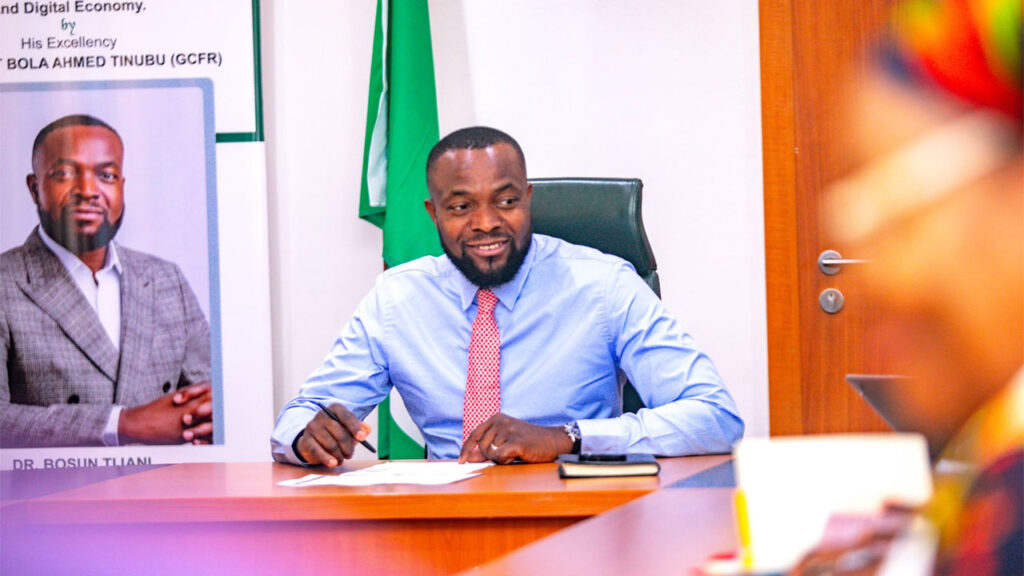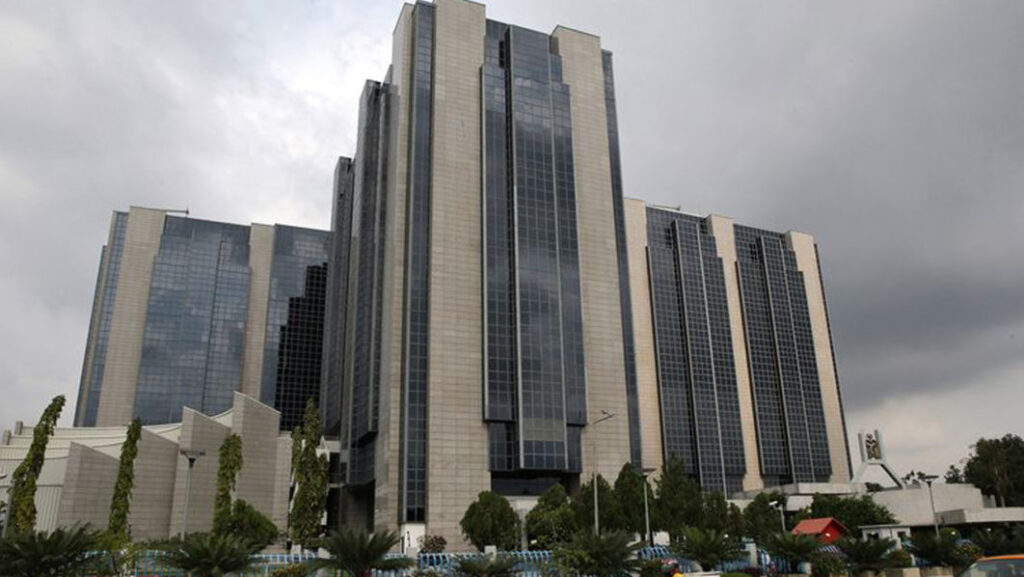
To expand plastic waste collection and improve raw materials availability for industry usage across the country, Unilever Nigeria and Bridges Outcomes Partnerships have agreed on a $2 million American partnership to help social enterprise, Wecyclers, achieve its goal.
The partnership, set up through an innovative Development Impact Bond (DIB) and structured by a French investment bank, Societe Generale, will allow Wecyclers create employment, by scaling up operations that take plastic waste out of the environment and turn it into raw material for industrial use.
Working together since 2014 as part of Unilever’s ‘waste to wealth’ campaign, which helps local organisations work out how to create value and jobs from the reduction, collection, recycling, and reusing of plastic waste; under this partnership, seed funding from a Unilever, the British Government and EY joint project called Transform, helped Wecyclers expand their franchise and kiosk collection model.
However, as an entrepreneurial social enterprise, Wecyclers lacked access to the long-term funding needed to build on that progress and significantly scale up this model and the DIB provides a solution to this problem. It includes social, environmental, and financial targets, which will see the enterprise collect over 30,000 tonnes of plastic waste over the next five years, create about 700 jobs in recycling franchises across Nigeria and improve the income of waste sorters.
Speaking with The Guardian, Unilever’s Nigeria Managing Director, Carl Cruz, said the funding is a major forward step in their work to ensure plastic waste stays out of the Nigerian environment. “It also shows there is wealth to be made from creating jobs by tackling plastic waste.
It cleans up the environment and helps develop a more sustainable financing model for groups like Wecyclers.” He added that workers under the kiosk collection model have the opportunity to earn above minimum wage, which will be great for the industry and economic extension. He said the core of the partnership with Wecyclers, is that all their plastic packaging remains reusable, recyclable and combustible.
Managing Director, Wecyclers, Wale Adebiyi, said they started with one bicycle and a dream, and through hard work and entrepreneurship, have built a scalable model that, thanks to the DIB, will expand their collection base, help towards engaging up to 26 new franchisees across Nigeria and lead to collection volumes that will support about 50, 000 informal waste collectors across the country.
“We will create hundreds of jobs, and improve the income of thousands of sorters, who will earn 25 per cent more than they do today.
“Since partnering with Unilever for our kiosk collection model in 2018, we have collected over 5000 tonnes. The second model, the franchising model initiative, seeks to help entrepreneurs in the recycling industry and we have collected 4000 tonnes so far under this model,” Adebiyi said.
He added that the materials they collect, including PET bottles, cans, glass bottles, sachet water nylons and paper, go back into industries across Nigeria and are used to remake products including clothing, packaging and tissue paper or even new plastics and bottles to prevent the use of virgin plastics.
All the partners involved hope this experience in Nigeria will inspire the further development and use of such Bonds globally to finance organisations tackling similar challenges.












